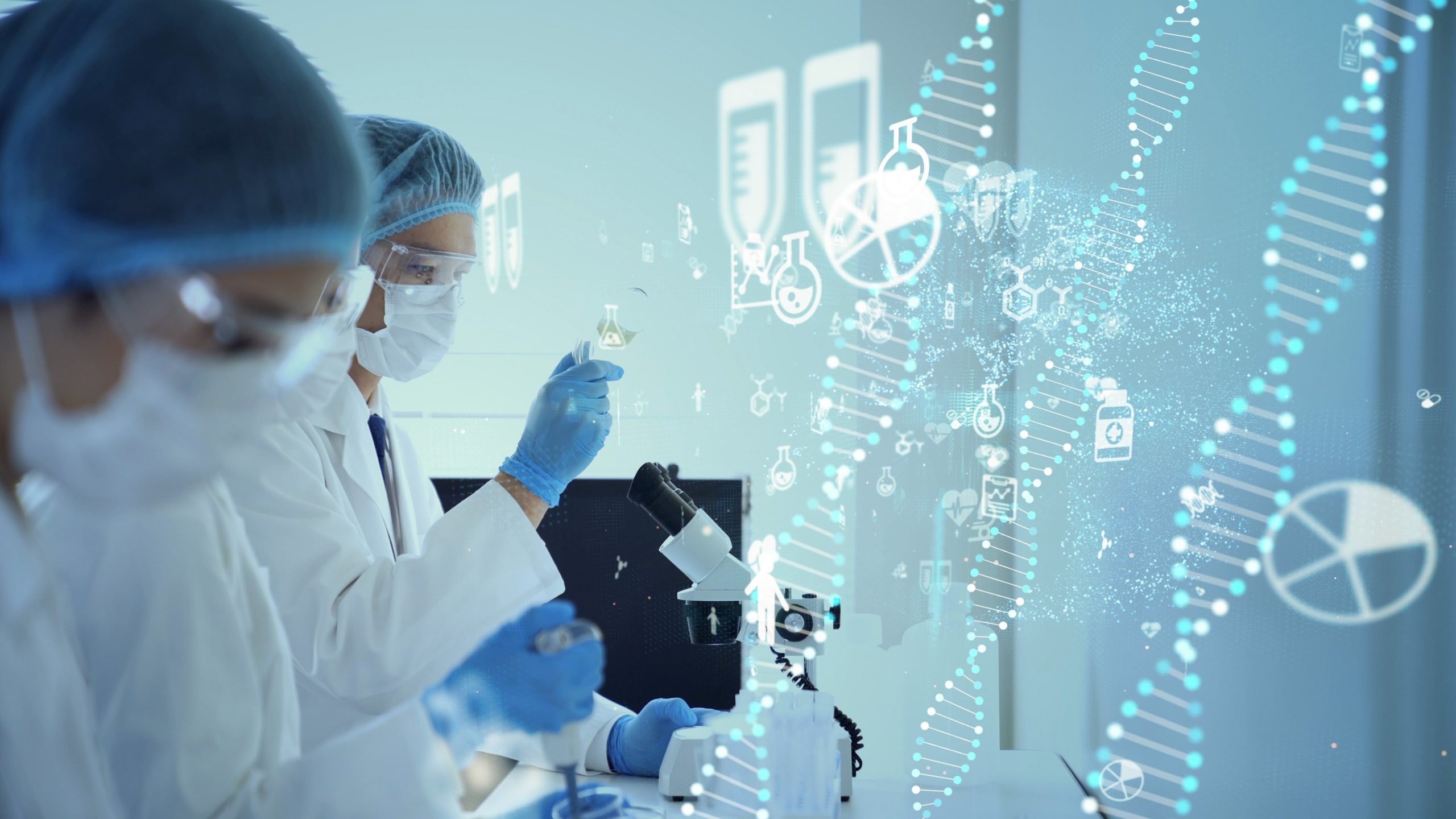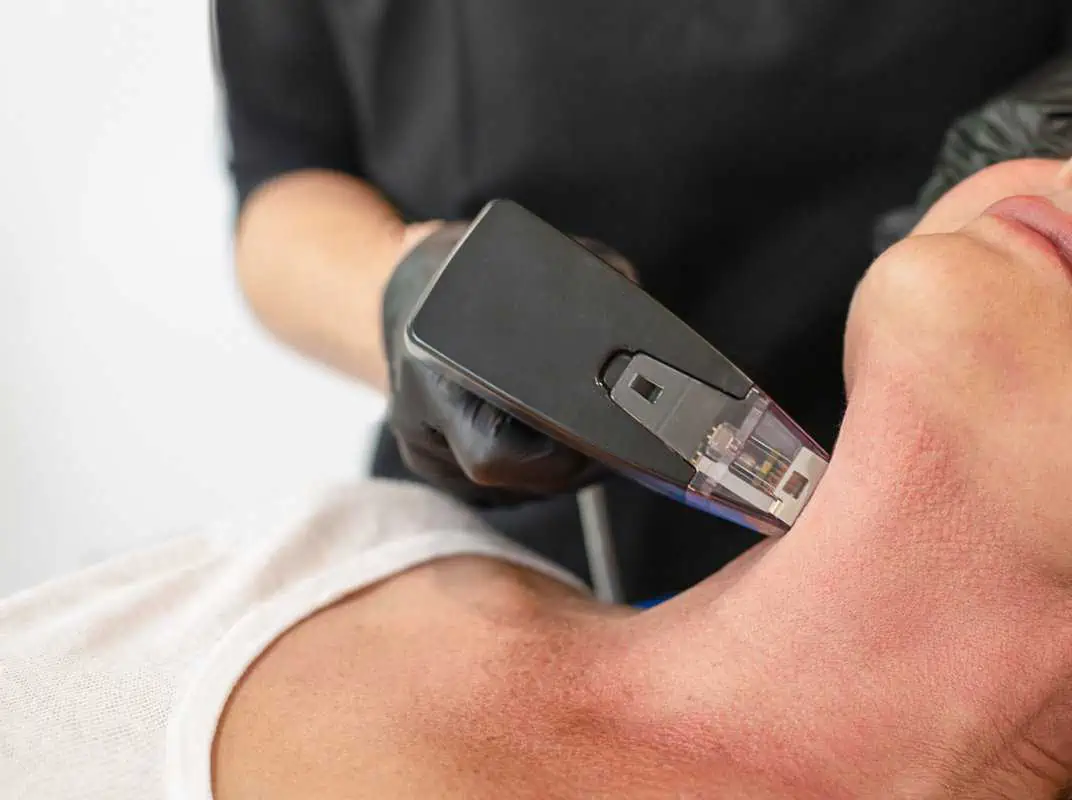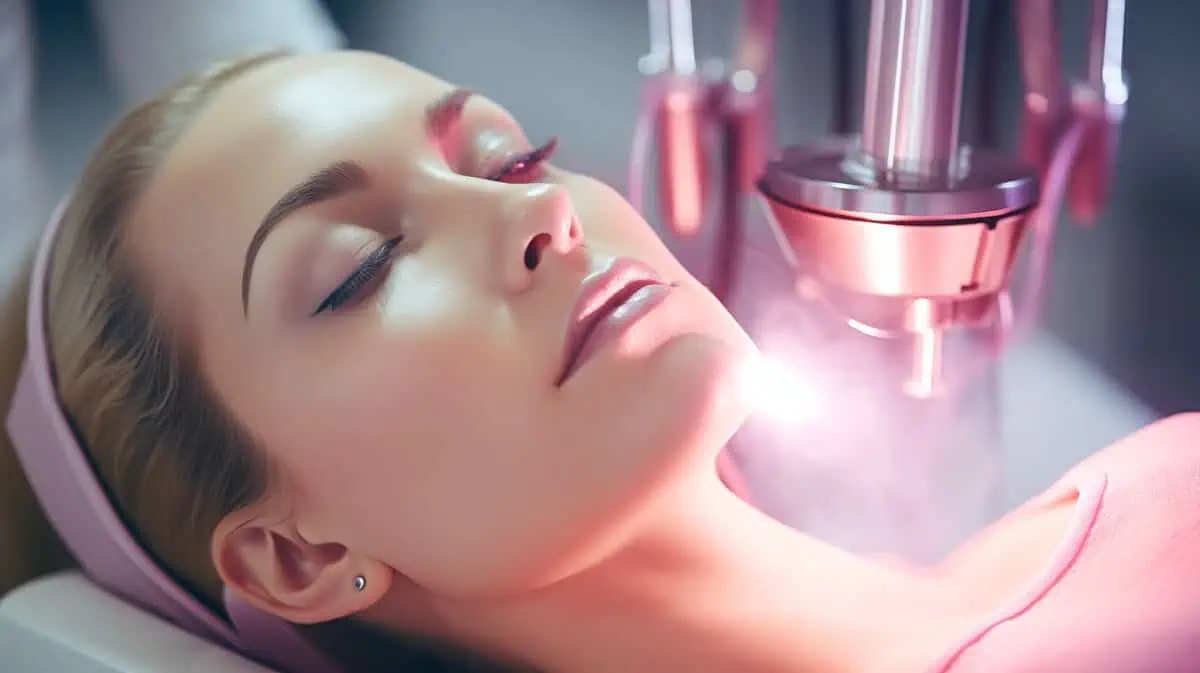Introduction
It involves harnessing the body’s natural regenerative capabilities to repair, replace, or regenerate damaged or diseased tissues and organs. Regenerative medicine aims to restore normal tissue function and improve patient outcomes through various techniques, such as stem cell therapy, platelet-rich plasma (PRP) therapy, and other regenerative therapies.
The importance of regenerative medicine in the medical field cannot be overstated. Traditionally, many medical treatments have focused on managing symptoms or replacing damaged tissues with artificial or donor-derived materials. However, regenerative medicine offers a paradigm shift by aiming to restore tissues and organs to their natural state, promoting true healing and regeneration. This has the potential to revolutionize the treatment of various conditions, ranging from chronic diseases to acute injuries, and has the potential to enhance the standard of living of people worldwide.
Understanding Stem Cells
Stem cells are unique cells that can differentiate into different types of cells in the body and self-renew, making them capable of regenerating damaged tissues and organs. The special feature of stem cells is their capacity for cellular division. They produce daughter cells that can either differentiate into specialized cells with specific functions or self-renew to maintain the stem cell population. This ability makes stem cells a crucial component of regenerative medicine.
Different types of stem cells can be classified based on their origin and potential applications. Embryonic stem cells are derived from early-stage embryos and are pluripotent, meaning they can differentiate into virtually any cell type in the body. However, their use is associated with ethical and regulatory concerns.
Adult stem cells, also known as tissue-specific, are found in various tissues and organs throughout the body, such as bone marrow, adipose tissue, and umbilical cord blood. Adult stem cells play a role in tissue maintenance and repair and are typically multipotent, meaning they can differentiate into multiple cell types within a specific lineage.
Induced pluripotent stem cells (iPSCs) are artificially reprogrammed cells generated by reprogramming adult cells, such as skin cells, to revert to a pluripotent state. Like embryonic stem cells, iPSCs can differentiate into various cell types in the body, but without the ethical concerns associated with using embryos.
Stem cells are pivotal in regenerative medicine due to their unique properties and regenerative potential. They can replace damaged or lost cells in the body, making them a promising option for treating various conditions, including degenerative diseases, injuries, and chronic disorders. Stem cells have shown good results in preclinical and clinical studies for conditions such as spinal cord injuries, heart disease, neurodegenerative diseases, diabetes, and more.
Stem cells are being researched and developed for various medical treatments. In current clinical practice, stem cell therapies are commonly used for conditions such as hematopoietic stem cell transplantation for blood-related disorders, bone marrow transplantation for cancer treatment, and corneal stem cell therapy for eye diseases.
Research is also ongoing for potential applications of stem cells in areas such as orthopedics for joint and bone regeneration, cardiovascular diseases for repairing damaged heart tissues, neurodegenerative diseases for replacing lost neurons, and autoimmune diseases for modulating the immune response. Stem cells are also being explored in tissue engineering approaches to create functional organs and tissues in the lab for transplantation.
Platelet-Rich Plasma (PRP) Therapy
PRP Platelet-Rich Plasma (PRP) is a regenerative medicine technique that utilizes a solution of platelets derived from the patient’s blood. Platelets are tiny blood cells that play a crucial role in the body’s natural healing response by releasing growth factors and other bioactive proteins that promote tissue repair and regeneration. PRP is used as a therapeutic approach to harness the regenerative properties of platelets for various medical conditions.
PRP is obtained through a simple blood draw from the patient, typically from the arm. The blood is then processed in a test tube to separate the platelets from other blood components, resulting in a concentrated solution of PRP. The processing method may vary depending on the specific PRP system or healthcare provider’s protocol.
PRP is rich in platelets, growth factors, cytokines, and other bioactive molecules that play a crucial role in tissue repair and regeneration. The concentration of platelets in PRP can be several times higher than the normal circulating levels in the blood, making it a potent source of regenerative factors. The composition and properties of PRP may vary depending on factors such as the patient’s health status, the processing method used, and the specific clinical application.
PRP therapy has been utilized in various clinical applications across different medical fields. In orthopedics, PRP has been used to treat musculoskeletal conditions such as osteoarthritis, tendonitis, ligament injuries, and muscle strains. In dermatology, PRP has been used for skin rejuvenation, hair restoration, and wound healing. PRP has also been explored in dentistry, ophthalmology, and other medical specialties for its regenerative potential.
Research and clinical studies on PRP therapy are ongoing, and its clinical applications continue to expand. However, further research is needed to establish standardized protocols, optimize treatment outcomes, and determine long-term safety and efficacy in different clinical settings.
Other Therapies in Regenerative Medicine
In addition to stem cells and PRP, several other promising regenerative therapies are being explored in regenerative medicine. This includes treatment but is not limited to Mesenchymal Stem Cells (MSCs) and gene therapy.
Mechanisms of Action and Applications in Medical Treatments
- Mesenchymal Stem Cells (MSCs): MSCs are a type of adult stem cell that can be found in various tissues in the body, such as bone marrow, adipose tissue, and others like umbilical cord tissue. MSCs can differentiate into many cell types, like bone, cartilage, muscle, and fat cells. They also possess immunomodulatory properties and can secrete growth factors and other bioactive molecules that promote tissue repair and regeneration. MSCs have shown positive results in preclinical and clinical studies for various conditions, including musculoskeletal, cardiovascular, autoimmune, and neurological disorders.
- Gene Therapy: Gene therapy is also a positive approach in regenerative medicine that involves manipulating or modifying genes to treat or prevent diseases. Gene therapy can include inserting, removing, or repairing genes in the patient’s cells to correct genetic mutations, promote tissue repair, or modulate cellular functions. Gene therapy can potentially treat genetic disorders, neurodegenerative diseases, cardiovascular diseases, and other conditions.
Benefits and Challenges of Regenerative Medicine
Advantages of Regenerative Medicine in Healthcare Regenerative medicine offers several abenefits in the field of healthcare, including:
- Regeneration and Restoration: Regenerative medicine has the potential to restore and repair damaged tissues and organs, providing a regenerative approach to treating various diseases and injuries rather than just managing symptoms.
- Personalized Medicine: Regenerative medicine approaches can be tailored to individual patients, taking into account their unique genetic makeup, medical history, and condition, which allows for more personalized and precise treatment plans.
- Reduced Dependency on Donor Organs: Regenerative medicine can reduce reliance on donor organs for transplantation, often in short supply, by using the patient’s cells or other regenerative medicine cells.
- Minimally Invasive Procedures: Many regenerative medicine therapies, such as stem cell and PRP therapies, can be performed using minimally invasive techniques, resulting in faster recovery times, fewer complications, and reduced healthcare costs.
B. Challenges and Ethical Considerations in Regenerative Medicine
- Safety and Efficacy: The safety and efficacy of regenerative medicine therapies must be rigorously evaluated through well-designed clinical trials to ensure their effectiveness and safety for patients.
- Ethical Considerations: The use of embryonic stem cells and other controversial sources of regenerative cells raises ethical considerations related to the destruction of embryos, the consent of donors, and equitable access to therapies.
- Regulatory Landscape: The field of regenerative medicine is subject to evolving regulations and guidelines that govern the development, approval, and use of these therapies, which can pose challenges in navigating regulatory requirements and ensuring compliance.
Conclusion
In conclusion, regenerative medicine, including stem cells, PRP, and other therapies, has the potential to revolutionize healthcare by offering innovative approaches to restore, repair, and regenerate tissues and organs. Despite the challenges and ethical considerations, regenerative medicine holds positive results for the future of medicine. Further research and development in this field are encouraged to unlock its full potential in improving patient outcomes and transforming healthcare practices.
Are you seeking advanced medical treatments that can restore your health and well-being? Resurgence Wellness is your go-to destination for regenerative medicine, including stem cells, PRP, and other cutting-edge therapies.
With a focus on safety, efficacy, and personalized care, Resurgence Wellness is dedicated to helping you regain your vitality and well-being. Our experienced medical team will guide you through the process, providing expert care and support at every step of your regenerative medicine journey. Experience the resurgence of your health and wellness with Resurgence Wellness. Visit our clinic today to learn more about the power of regenerative medicine and how it can transform your life.







